FCC Urged to Include Crowdsourced Data in Broadband Maps
Ookla, rural advocates push for 'real-world' speed test data.
Jericho Casper

WASHINGTON, Oct. 9, 2024 – With billions in federal broadband funding at stake, Ookla is calling on the Federal Communications Commission to get serious about real-time data, warning that outdated maps could misdirect funds away from communities who need it most.
Ookla, known for its widely-used internet Speedtest platform, called on the FCC on Monday to supplement its Broadband Data Collection process with real-time crowdsourced data from users’ speed tests.
In its comments, the company argued that BDC data, while valuable, was often outdated and incomplete by the time of publication, leading to misleading representations of broadband coverage across the country.
Bryan Darr, vice president of government affairs at Ookla, stated that relying solely on BDC data failed to capture real-world broadband experiences, particularly in rural and underserved areas.
Ookla, which said it had conducted more than 55 billion speed tests globally, emphasized that its data came directly from hardwired access points, like Wi-Fi routers, rather than relying on the signal strength variations common in indoor wireless connections. This method, according to the company, provides a more accurate reflection of actual broadband speeds and coverage.
Ookla had previously noted obstacles in contributing its data to the FCC’s mapping efforts, citing issues with the FCC’s own speed test app. The company has pointed to specific requirements in the FCC’s speed test app that Ookla’s data doesn't fulfill.
Last week, the National Rural Electric Cooperative Association echoed the call for crowdsourced data to address inaccuracies in broadband maps, warning that self-reported data from providers often misrepresents service levels, especially in rural communities. NRECA suggested that allowing consumers to submit their own speed tests would improve the accuracy of the maps and better inform decisions about federal broadband subsidies.
Additionally, Texas-based telecoms Poka Lambro Telecommunications and Totelcom Communications submitted comments Monday that argued the current BDC rules fell short in ensuring accurate reporting of broadband availability, particularly for fixed wireless services. The companies called for a “real-world challenge process” that mandates that providers meaningfully cooperate with challengers and submit technical data to validate or disprove service claims.



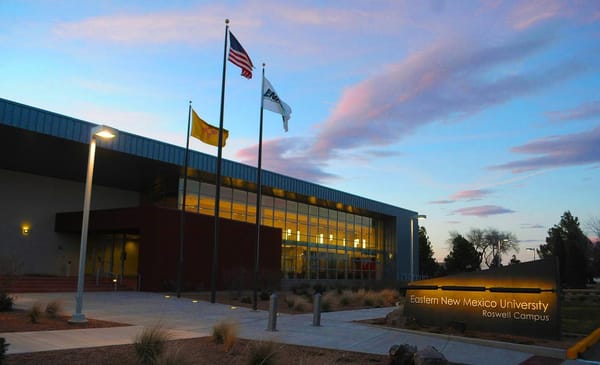
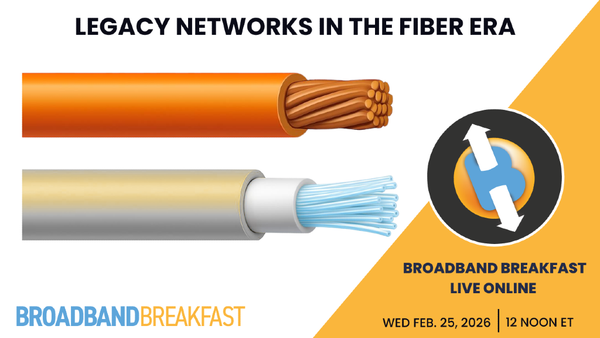
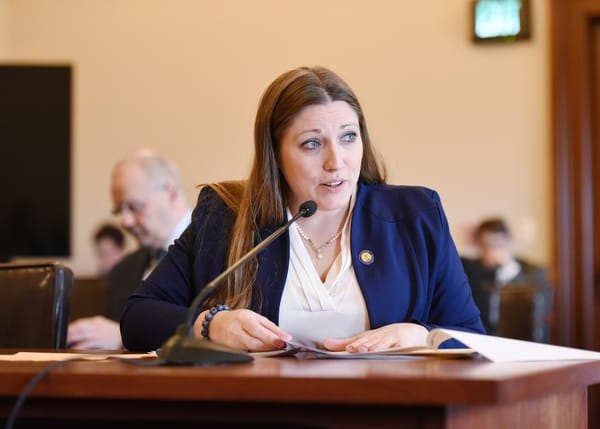
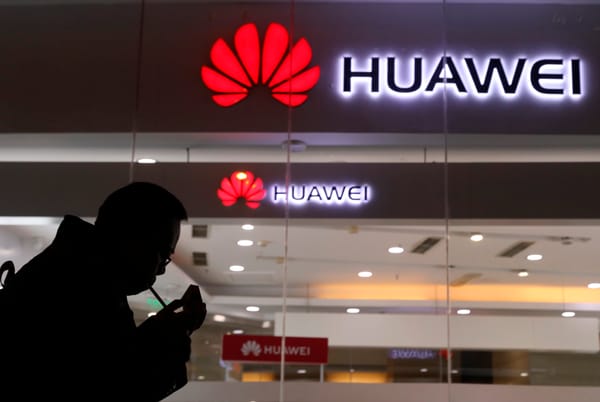



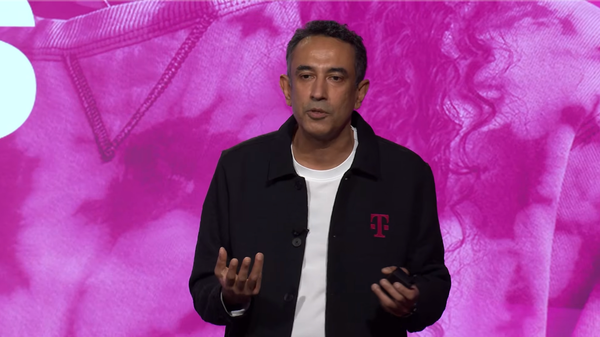
Member discussion